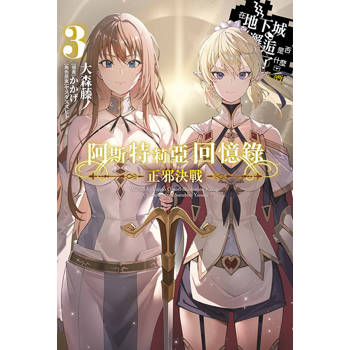Morocco, 1359. The people of Fes are living in deprivation under the rule of an unjust sultan. Zakaria is a young Muslim scholar trying to sustain his family while committing to a rigid moral code. To provide for his sickly daughter, he sacrifices his principles and seeks a job at the palace, where he gradually becomes entangled in a web of intrigue, his conscience tormented by serving the sultan. In the hope of fleeing from the constraints of his world, he joins the quest of Muhammad ibn Yusuf, the exiled king of Granada, and his enchanting sister, Aisha, to reclaim their throne. Together, they set out to Andalusia on a journey that will call into question all of Zakaria’s beliefs and change the history of the Iberian Peninsula for decades to come. Then He Sent Prophets is a novel for our moment. Set around the political struggles of fourteenth-century Granada, it is a deeply sympathetic and passionately human look at how one might make-or fail to make-moral, decent choices when living in a violent, indecent world. - Marcia Lynx Qualey, founding editor of ArabLit Circumstances present Zakaria with a position at the palace. [...] Can someone critical of the sultan and conscious of his corruption maintain integrity while serving at the palace? And what’s the line between complete innocence and partial complicity? These are the questions at the crux of his ethical dilemma. [...] It’s easy to make connections between Zakaria’s inner dilemmas and those many of us grapple with today. - Hafsa Lodi in The New Arab
| FindBook |
有 1 項符合
Then He Sent Prophets的圖書 |
 |
Then He Sent Prophets 作者:Seif El Nasr 出版社:Daraja Press 出版日期:2024-10-04 語言:英文 規格:平裝 / 252頁 / 22.86 x 15.24 x 1.35 cm / 普通級/ 初版 |
| 圖書館借閱 |
| 國家圖書館 | 全國圖書書目資訊網 | 國立公共資訊圖書館 | 電子書服務平台 | MetaCat 跨館整合查詢 |
| 臺北市立圖書館 | 新北市立圖書館 | 基隆市公共圖書館 | 桃園市立圖書館 | 新竹縣公共圖書館 |
| 苗栗縣立圖書館 | 臺中市立圖書館 | 彰化縣公共圖書館 | 南投縣文化局 | 雲林縣公共圖書館 |
| 嘉義縣圖書館 | 臺南市立圖書館 | 高雄市立圖書館 | 屏東縣公共圖書館 | 宜蘭縣公共圖書館 |
| 花蓮縣文化局 | 臺東縣文化處 |
|
|
圖書介紹 - 資料來源:博客來 評分:
圖書名稱:Then He Sent Prophets
|











